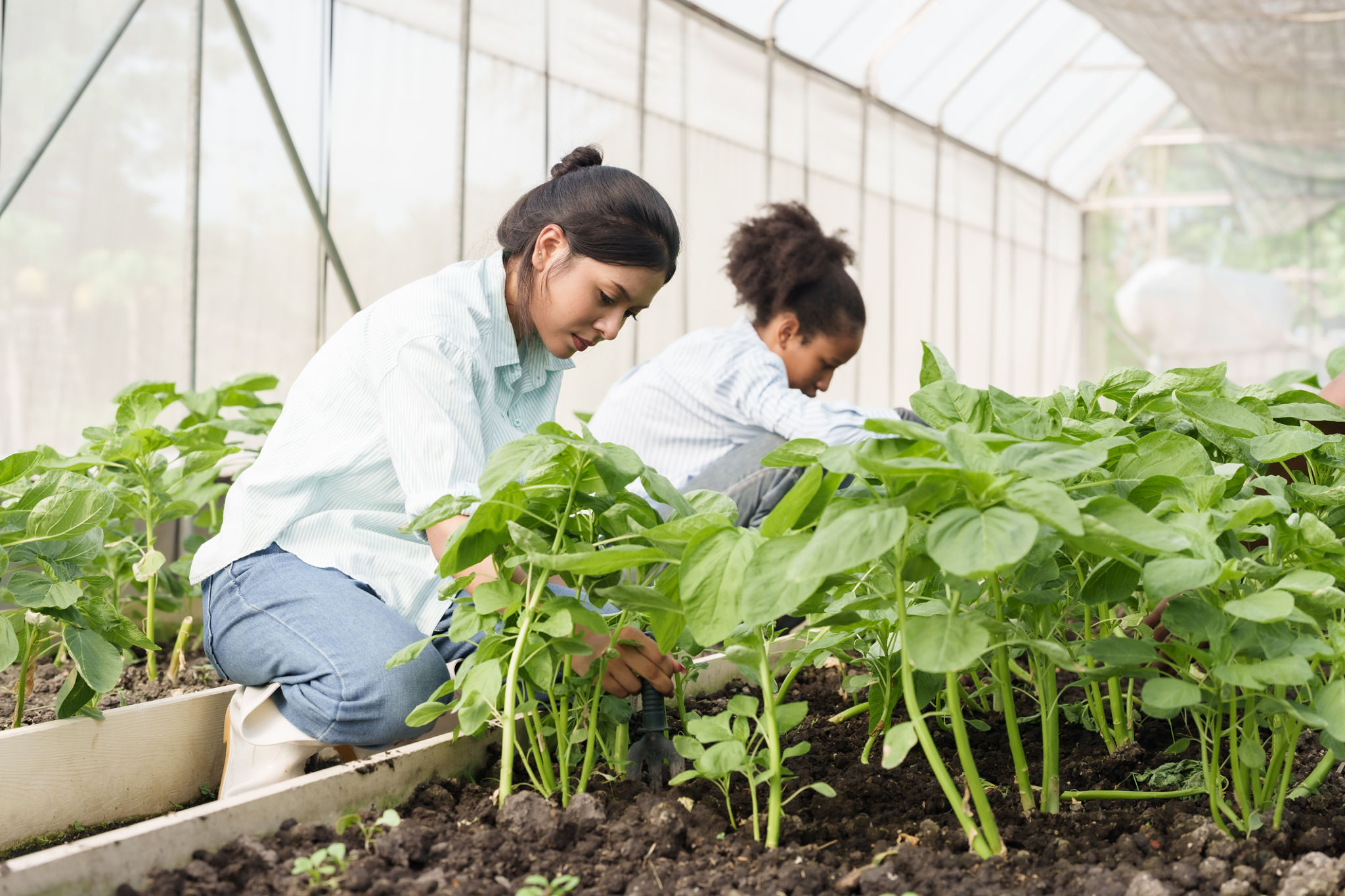The Role of Training in Modern Agronomy Practices
Introduction to Modern Agronomy
Agronomy, the science of soil management and crop production, has evolved significantly over the years. In the past, traditional methods sufficed, but with the growing global population and climate change challenges, modern agronomy practices have become essential. A crucial aspect of these practices is training and education, which equips farmers and agronomists with the necessary skills to enhance productivity and sustainability.
Training programs in agronomy focus on the latest technologies and methodologies. These programs are designed to help farmers adapt to new practices and improve their crop yields. By staying informed about the latest trends, agronomists can make better decisions that benefit both the environment and their economic returns.

The Importance of Technological Training
Technology plays a pivotal role in modern agronomy. Training programs often include lessons on using advanced tools and software, such as precision farming equipment and data analysis software. These tools help in monitoring crop health, soil quality, and weather patterns, allowing for more informed decision-making.
Moreover, understanding how to integrate technology into daily farming activities can lead to significant improvements in efficiency. For instance, GPS-guided tractors and drones for field monitoring are just a few examples of how technology is revolutionizing agriculture. Farmers trained in using these tools can optimize their resources and reduce waste.

Sustainable Practices Through Education
Sustainability is a key concern in agronomy today. Training programs emphasize sustainable practices such as crop rotation, organic farming, and efficient water management. These practices help maintain soil fertility and reduce the environmental impact of farming activities.
By incorporating sustainable techniques, farmers can ensure their land remains productive for future generations. Education in these areas not only benefits the environment but also leads to economic savings. Less reliance on chemical fertilizers and pesticides, for example, can reduce costs and improve soil health over time.

Skills Development and Knowledge Sharing
Beyond technology and sustainability, training in modern agronomy also focuses on skills development. Farmers learn about pest management, soil science, and crop variety selection. These skills are essential for adapting to changing environmental conditions and market demands.
Knowledge sharing among farmers and agronomists is another critical component of training. Workshops, seminars, and field demonstrations provide platforms for exchanging ideas and experiences. This collaborative approach fosters innovation and helps spread best practices across communities.
The Role of Government and Institutions
Governments and educational institutions play a vital role in promoting agronomy training. They provide resources and infrastructure needed for effective learning. Many governments offer subsidies or incentives for farmers to attend training programs, recognizing the long-term benefits of educated agricultural workers.
Institutions, such as agricultural universities and research centers, contribute by developing curricula and conducting research that informs training content. Their involvement ensures that the information shared is both current and scientifically sound.

Conclusion
In summary, training is a cornerstone of modern agronomy practices. It empowers farmers with the knowledge and skills necessary to embrace new technologies and sustainable practices. Through continuous education, the agricultural sector can meet the demands of a growing population while preserving the planet for future generations.
The integration of technology, sustainability, and collaboration in training programs is transforming agronomy into a dynamic and forward-thinking field. As we move towards a more sustainable future, training will continue to be essential for innovation and progress in agriculture.
